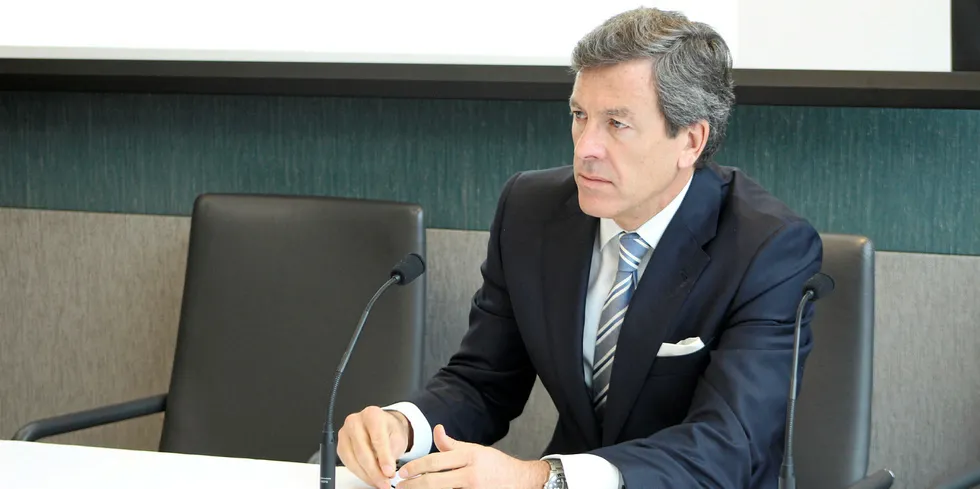Camanchaca, Blumar, Australis join lawsuit against feed producers in price fixing case
The major feed companies operating in Chile -- Skretting, BioMar and Salmofood -- are all accused of price collusion and cartel activities dating back to 2003.

The major feed companies operating in Chile -- Skretting, BioMar and Salmofood -- are all accused of price collusion and cartel activities dating back to 2003.
